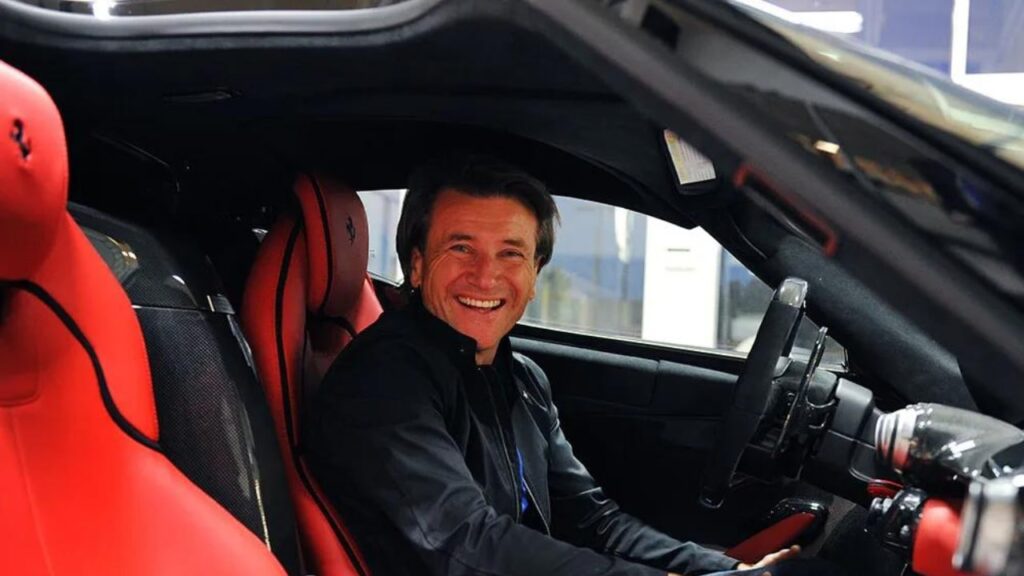Dive into the world of Shark Tank with our 15 facts about the show that has transformed businesses and captivated audiences globally. Uncover the show’s origins, behind-the-scenes secrets, and its impact on entrepreneurship.
1. Entrepreneurs only get one take
Entrepreneurs get one chance to deliver the perfect pitch, this only adds to the pressure but makes it authentic. Some founders are visibly nervous due to the cameras. One that stands out is Green Box, William Walsh fluffed his lines at the start but recovered towards the end.
2. Mark Cuban has threatened to leave the show twice
Mark Cuban first threatened to quit over a clause that meant Shark Tank’s production company got a 10% equity stake in companies on the show. This clause got removed after season two. In season five, Cuban was publicly unhappy with his $30,000 salary per episode and managed to find a resolution.
3. Shark Tank is not an original concept
The original concept first started in Japan in 2001, as a program called “Money Tigers.” The show was later adapted in the UK as “Dragons’ Den” and in Canada under the same name, demonstrating its international appeal.
4. Pitches don’t start straightaway
When contestants enter the Tank, they must stare silently at the Sharks for 60 seconds, allowing cameras to capture every angle of their entrance. This can be a nerve-wracking experience. Kevin O’Leary in particular uses this time to get a gauge of their character.
5. Very few people watched the first season
The American version of Shark Tank premiered in 2009, following the success of its international counterparts. Daymond John, revealed that the first season struggled to attract views, which led to the show being moved to different time slots. Fortunately, the addition of Mark Cuban helped boost the show’s popularity.
6. A tough screening process
It is extremely difficult for entrepreneurs to get onto Shark Tank. With an average of 35,000 to 40,000 applications every season, applicants need to go through multiple rounds of interviews and pitches. The producers also sometimes contact companies, encouraging them to apply. Over the years, the quality of the businesses has improved thanks to this process.
7. Not everyone makes it onto TV
Even though your pitch gets filmed, you might not make the cut. 158 pitches were filmed for the show’s 10th season, and 88 made it to TV. Missing out on the opportunity to get in front of four million live viewers is a huge blow.
8. Deals fall through after the show
After filming, the Shark’s team undergoes due diligence which can take months. According to Daymond John, one in five deals fall apart after filming. Cuban revealed a majority of the time it’s the entrepreneurs who pull out of the deal. Some just want publicity and are just “gold diggers”!
9. Intense filming days
Filming days on Shark Tank are long and grueling for the Sharks, with 12-hour days being common. Typically a season is filmed in just 17 days, no wonder the Sharks get angry! Imagine listening to over five pitches in a day.
10. Pitches can last hours
Pitches are much longer than the eight minutes viewers watch. On average pitches last around 45 minutes to an hour but in certain cases they can go on for two hours. Michael Tseng of Plate Topper delivered a pitch that lasted two and a half hours.
11. On-set psychiatrist
To help entrepreneurs manage the emotional impact of their experience on the show, Shark Tank provides an on-set psychiatrist for them to consult after their pitches. According to Mark Cuban, this is to ensure the founders aren’t scarred for life.
12. Making offers out of sympathy
The Sharks have admitted they sometimes make offers based on sympathy for the entrepreneurs, rather than solely on the strength of their business. This is why some contestants throw in a sob story to pull on the heart strings.
13. Producers struggled to make Chris Sacca look rich
When filming their introductory “Shark Reels,” the show’s producers had difficulty making guest Shark Chris Sacca appear wealthy, as he didn’t own a mansion, fancy cars, or a corporate office. Sacca had to rent a conference room and order an Uber for his reel.
14. The Shark Tank effect
Many companies that didn’t secure a deal still became huge success stories. For example, Chef Big Shake’s sales increased from $30,000 to over $1 million, and Ring was acquired by Amazon for around $1.2 billion.
15. Beyond the Tank
Shark Tank had a spin-off series called “Beyond the Tank,” which followed up to provide an update once the cameras stopped rolling. The show aired from 2015 to 2016 but didn’t pull in enough viewing figures to justify having a second show.
